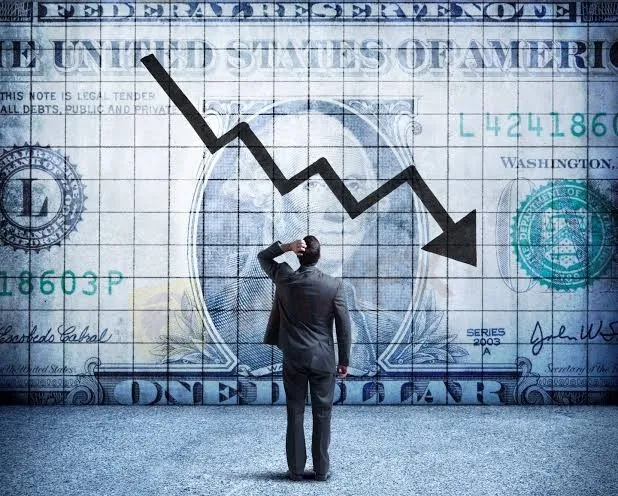简体中文
繁體中文
English
Pусский
日本語
ภาษาไทย
Tiếng Việt
Bahasa Indonesia
Español
हिन्दी
Filippiiniläinen
Français
Deutsch
Português
Türkçe
한국어
العربية
Asian Daily Market Review
Abstract:Asian markets ended mixed, but mostly higher as investors across the region reacted to the news that President Biden and U.S. lawmakers struck a tentative deal to raise the debt ceiling in the U.S. The deal will be voted on later this week and if passed will allow the U.S. government to avoid a potentially catastrophic financial scenario.

Asian markets ended mixed, but mostly higher as investors across the region reacted to the news that President Biden and U.S. lawmakers struck a tentative deal to raise the debt ceiling in the U.S. The deal will be voted on later this week and if passed will allow the U.S. government to avoid a potentially catastrophic financial scenario.
Japans Nikkei finished the day with a 1% gain, leading the region. The Nikkei continues rising to new heights, and has now reached levels not seen since July 1990. Shares of Softbank Group surged 8.2% higher, while Sony shares retreated by 0.7%. Among the major exporters Toyota lost 0.4%, Panasonic climbed 0.8% higher, and Canon tacked on 1%.
In Australia the S&P/ASX 200 rose by 0.9%, with the big four banks supporting the broader market. Shares of ANZ were 1.2% higher, NAB added 1.3%, Commonwealth Bank advanced by 1.4%, and Westpac had a 1.2% gain. The major miners also provided support for the broader market, with BHP rising by 1.4% and Rio Tinto adding 1.2%.
Mainland China was one of the weak spots in the region as it delivered a mixed performance. The benchmark Shanghai Composite rose by 0.3%, but the smaller cap Shenzhen Composite retreated by 0.8%. Over in Hong Kong the Hang Seng also underperformed, dropping by 1% to lead losses for the region.
In South Korea the Kospi remained unchanged as markets there remained closed for a public holiday, while Taiwans Taiex rose by 0.8%.
Southeast Asian markets ended the day mixed as Malaysia‘s KLCI edged higher by 0.2%, while Singapore’s Straits Times Index retreated 0.4%.

Disclaimer:
The views in this article only represent the author's personal views, and do not constitute investment advice on this platform. This platform does not guarantee the accuracy, completeness and timeliness of the information in the article, and will not be liable for any loss caused by the use of or reliance on the information in the article.
Read more

The Impact of Interest Rate Decisions on the Forex Market
Interest rate changes determine currency attractiveness, influencing capital flows and exchange rate trends. Understanding this mechanism helps investors navigate the forex market effectively.

March Oil Production Declines: How Is the Market Reacting?
Oil production cuts in March are reshaping the market. Traders are closely watching OPEC+ decisions and supply disruptions, which could impact prices and future production strategies.

How to Calculate Leverage and Margin in the Forex Market
Leverage amplifies both potential profits and risks. Understanding how to calculate leverage and margin helps traders manage risks and avoid forced liquidation.

RM1.29 Million Lost in ‘C Baird VIP’ WhatsApp Scam
A 43-year-old company auditor and subcontractor in Malaysia became the latest victim of an elaborate investment scam after losing RM1.29 million to a fraudulent scheme promoted via WhatsApp.
WikiFX Broker
Latest News
TradingView Brings Live Market Charts to Telegram Users with New Mini App
Trump tariffs: How will India navigate a world on the brink of a trade war?
Interactive Brokers Launches Forecast Contracts in Canada for Market Predictions
Authorities Alert: MAS Impersonation Scam Hits Singapore
Stocks fall again as Trump tariff jitters continue
INFINOX Partners with Acelerador Racing for Porsche Cup Brazil 2025
Regulatory Failures Lead to $150,000 Fine for Thurston Springer
April Forex Trends: EUR/USD, GBP/USD, USD/JPY, AUD/USD, USD/CAD Insights
March Oil Production Declines: How Is the Market Reacting?
Georgia Man Charged in Danbury Kidnapping and Crypto Extortion Plot
Currency Calculator







